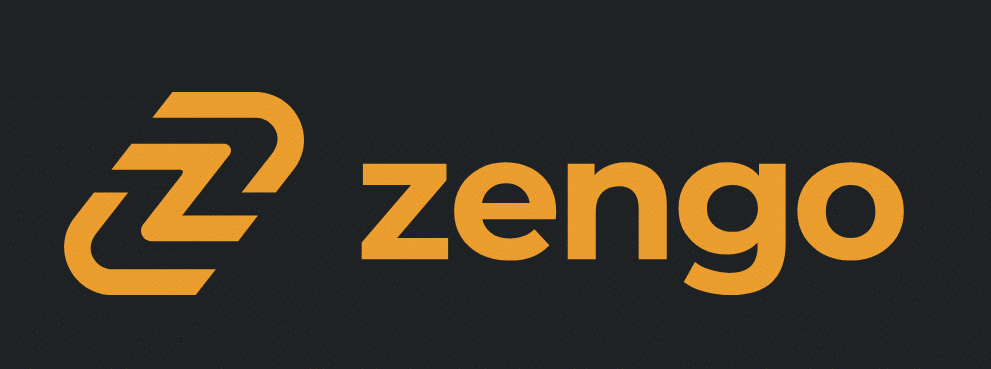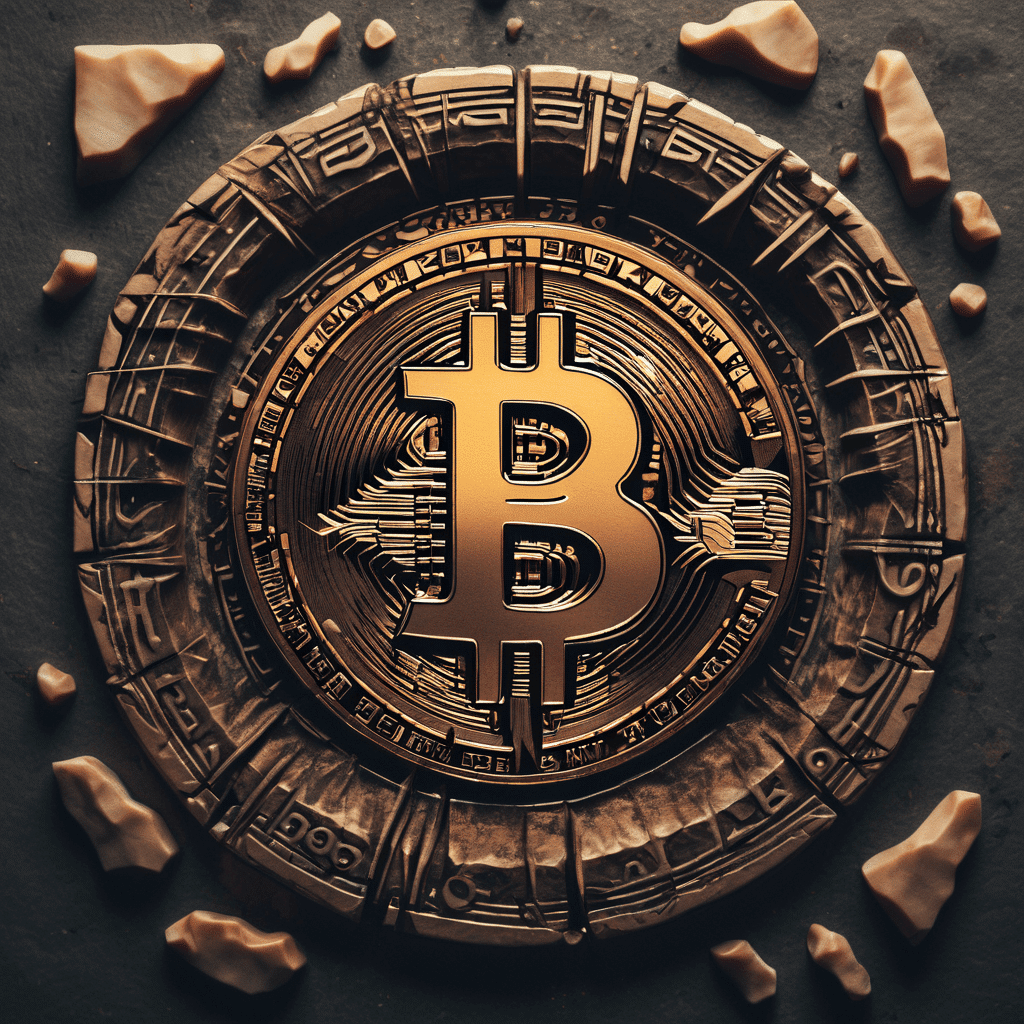What is a DAO?
A Decentralized Autonomous Organization (DAO) is a blockchain-based entity that operates without centralized leadership, governed by smart contracts and the collective decision-making of its members. These organizations use blockchain technology to automate and democratize decision-making processes, enabling participants to vote on proposals and changes through a transparent and tamper-proof system.
How Do DAOs Work?
DAOs operate through smart contracts—self-executing contracts where the terms are directly written into code. These contracts handle the governance rules and decision-making mechanisms, allowing members to participate in the governance process by voting on proposals. Typically, DAO members hold tokens that grant them voting rights, enabling them to influence the organization’s actions and decisions.
For example, the MakerDAO allows holders of its MKR token to vote on changes to its protocol, including adjustments to the collateralization of its stablecoin, DAI. This system ensures that decisions are made collectively, aligning the interests of all participants

Benefits of DAOs
- Transparency: All decisions and transactions are recorded on the blockchain, ensuring transparency and trust among members.
- Decentralization: By removing centralized control, DAOs reduce the risk of corruption and centralized failure.
- Global Participation: Anyone with an internet connection and DAO tokens can participate in governance, enabling a diverse range of perspectives.
Risks of DAOs
- Legal Uncertainty: The regulatory framework for DAOs is still developing, which can pose legal risks.
- Security Vulnerabilities: Smart contract bugs or exploits can lead to significant financial losses, as seen in the infamous DAO hack of 2016.
Popular DAOs to Get Involved In
- Uniswap: A leading decentralized exchange (DEX) that allows users to trade Ethereum-based tokens. The Uniswap DAO governs the platform, making decisions on protocol upgrades and fee structures.
- MakerDAO: Known for creating the DAI stablecoin, MakerDAO is a pioneer in decentralized finance (DeFi), allowing users to vote on governance issues related to the stability and collateralization of DAI.
- BitDAO: One of the largest DAOs by treasury size, BitDAO focuses on supporting DeFi projects through investments and grants. Its vast resources make it a significant player in the DAO space.
- Aave: A leading DeFi protocol that enables users to lend and borrow cryptocurrencies. Aave’s governance token, AAVE, allows holders to vote on proposals affecting the protocol’s development and operations.
- Synthetix: A decentralized synthetic asset platform that allows users to create and trade synthetic assets. Synthetix has a robust governance system with multiple DAOs managing different aspects of the protocol (CoinMarketCap).
In conclusion, DAOs represent a transformative approach to organizational governance, leveraging blockchain technology to create decentralized, transparent, and community-driven entities. By automating decision-making processes and enabling global participation, DAOs have the potential to revolutionize various industries, from finance to technology. However, as with any emerging technology, they come with challenges, including legal uncertainties and security vulnerabilities.




